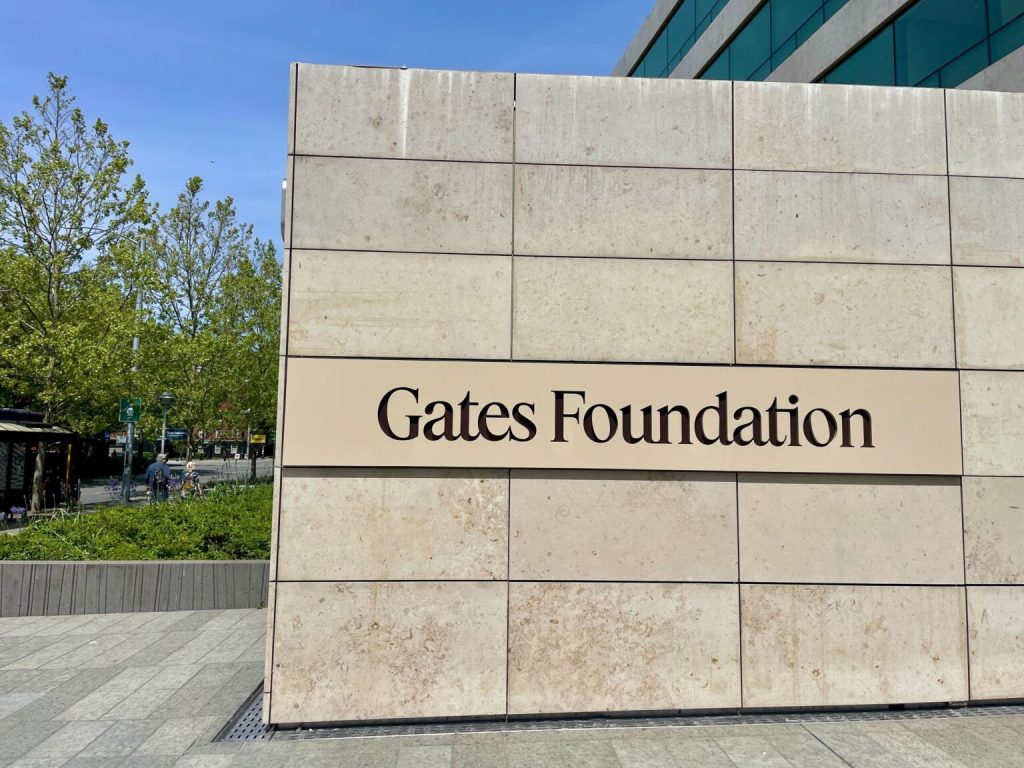Gates Foundation urges Nigeria to ramp up health funding to fight rising non-communicable diseases threatening millions nationwide.
The Bill & Melinda Gates Foundation has issued a strong call for the Nigerian government to dramatically scale up funding for health programs combating non-communicable diseases (NCDs). This comes as Nigeria faces a mounting public health crisis driven by conditions such as diabetes, hypertension, cancer, and heart disease.

According to health experts, NCDs now account for a growing share of illnesses and deaths in Nigeria, yet government funding for prevention and treatment remains limited. Many hospitals lack adequate screening equipment, essential medications, and trained personnel to manage these chronic illnesses effectively.
The Gates Foundation stressed that increasing investment in health infrastructure, public education, and preventive care is vital to reverse the rising tide of NCDs. Without decisive action, the economic and social costs of treating these diseases will continue to escalate, undermining national development goals.
ALSO READ: BREAKING: U.S. Lifts Visa Restrictions on an African Country Amid Immigration Policy Shift
Nigeria’s health system has traditionally focused on infectious diseases such as malaria and tuberculosis. However, changing lifestyles, urbanization, and poor dietary habits have pushed NCDs to the forefront, making them an urgent priority for policy makers. Experts argue that a significant funding boost could help:
Improve early detection and diagnosis through nationwide screening programs
Expand access to affordable medicines and specialized care
Launch public health campaigns on nutrition, exercise, and tobacco/alcohol reduction
Support community health workers to deliver grassroots interventions
The Gates Foundation’s call aligns with global health recommendations urging developing nations to prioritize chronic disease prevention as part of their universal health coverage strategies. For Nigeria, this represents not only a public health imperative but also an economic necessity to ensure a healthy workforce and sustainable growth.
As the government prepares its next health budget, stakeholders are urging prompt action. Civil society groups, medical associations, and international partners have echoed the Foundation’s warning: investing now in NCD prevention and control will save lives and reduce future costs.






![Gov. Otti Celebrates the 75th Birthday of Chief Zebrudaya Okoro Igwe Nwogbo Alias 4:30 [See Photos]](https://nationscuriosity.com/wp-content/uploads/2025/06/IMG-20250612-WA0014-1-1-120x86.jpg)
![BREAKING: Court Jails President’s Son Over Illegal Aircraft Sale [PHOTOS]](https://nationscuriosity.com/wp-content/uploads/2025/08/images-30-120x86.jpeg)




